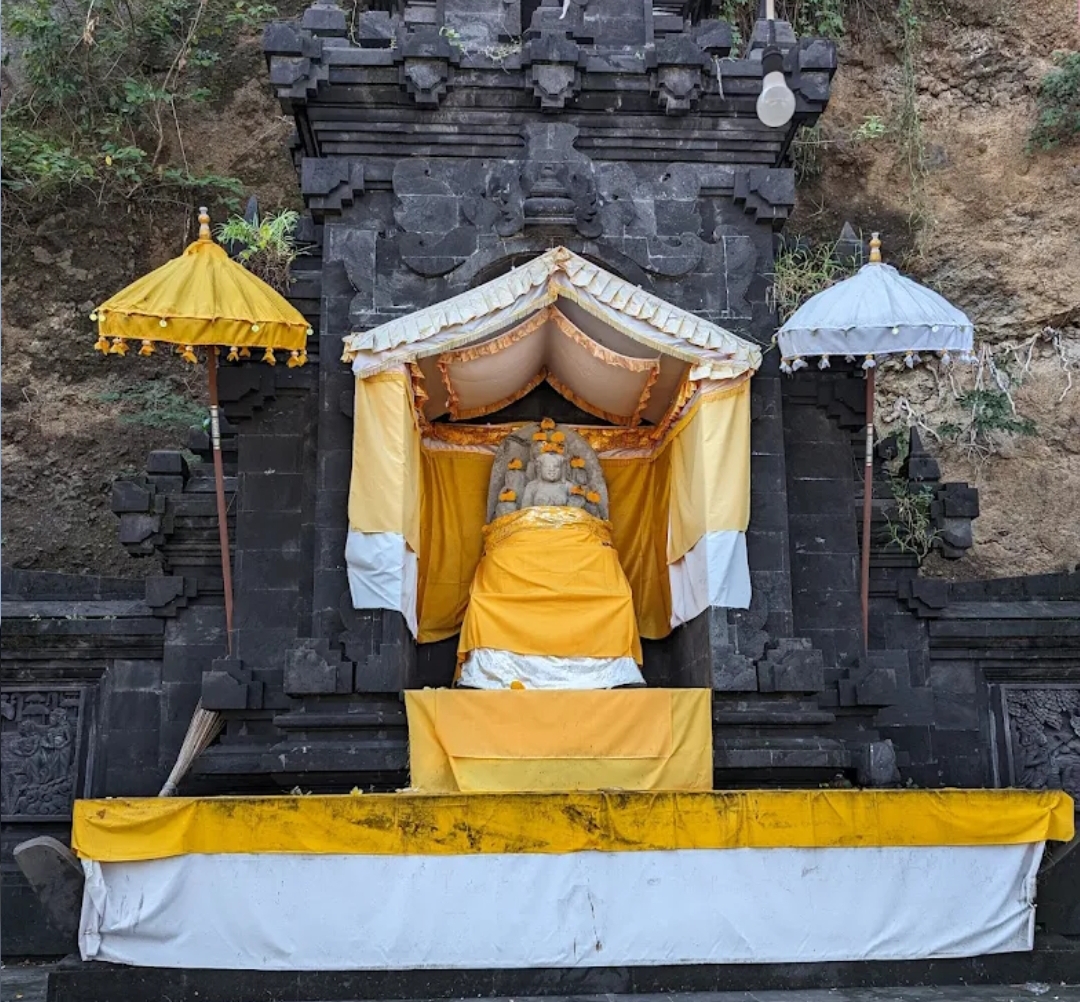Nyepi Day is the Saka New Year celebration for Hindus in Bali, rich in spiritual significance and deep philosophy. Literally, “Nyepi” means “silent” or “quiet,” reflecting the essence of this celebration.
On this day, all activities in Bali come to a complete halt for 24 hours, creating an atmosphere of stillness that allows Hindus to engage in self-reflection, meditation, and spiritual purification. The main goal is to attain physical and spiritual purity while praying for the well-being and peace of the universe.
The celebration of Nyepi is preceded by a series of rituals that begin several days in advance. One of the most significant is the Melasti ceremony, where sacred pratima or statues are taken to the sea or other water sources.
This ritual aims to cleanse oneself and the environment from all impurities, both physical and spiritual. Following Melasti, Hindus perform the Tawur Agung Kesanga ceremony, held at village or city intersections to harmonize the relationship between humans and nature.
On the night before Nyepi, the Ogoh-ogoh parade takes place, featuring large, demon-like effigies representing evil spirits. After being carried through the streets, these effigies are usually burned, symbolizing the expulsion of negative energies so that the new year can begin with purity and balance.
On Nyepi Day itself, Hindus in Bali observe the Catur Brata Penyepian, which consists of four main restrictions followed for 24 hours. Amati Geni prohibits the use of fire or light, Amati Karya forbids any form of work, Amati Lelunganan restricts travel, and Amati Lelanguan bans entertainment and indulgence.
These restrictions are meant to achieve inner peace, exercise self-control over worldly desires, and bring oneself closer to the Divine. The entire island of Bali falls into complete silence.
The international airport is closed, the streets are empty of vehicles, and all business activities come to a standstill. Tourists in Bali are also expected to respect this tradition by staying within their accommodations and minimizing any activities that could disturb the peaceful atmosphere.
The day after Nyepi, Hindus celebrate Ngembak Geni, marking the return to normal life. People visit their families and relatives to strengthen social bonds, seek forgiveness, and renew relationships. This tradition reflects the values of togetherness, which play an essential role in Balinese society.
Nyepi Day is not only a religious observance but also has a positive impact on the environment. With human activities halted for an entire day, air quality in Bali improves, pollution decreases, and nature gets a chance to “rest.”
Additionally, Nyepi imparts valuable life lessons such as patience, self-discipline, and awareness of the importance of maintaining balance between humans, nature, and the Divine. This celebration is not just an annual tradition but a manifestation of Bali’s local wisdom in fostering spiritual, social, and ecological harmony, making it one of the most unique and meaningful celebrations in the world. (BT)





